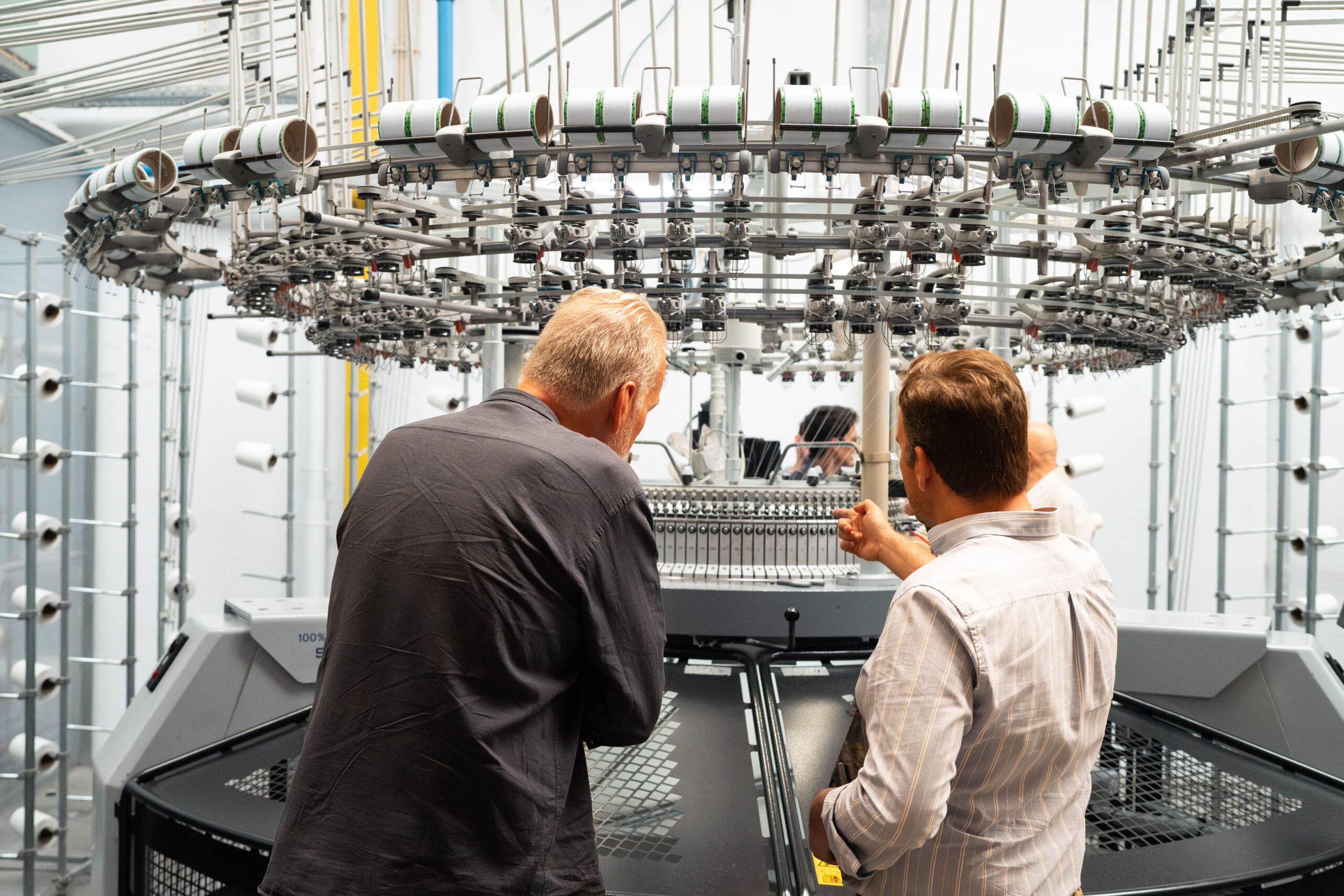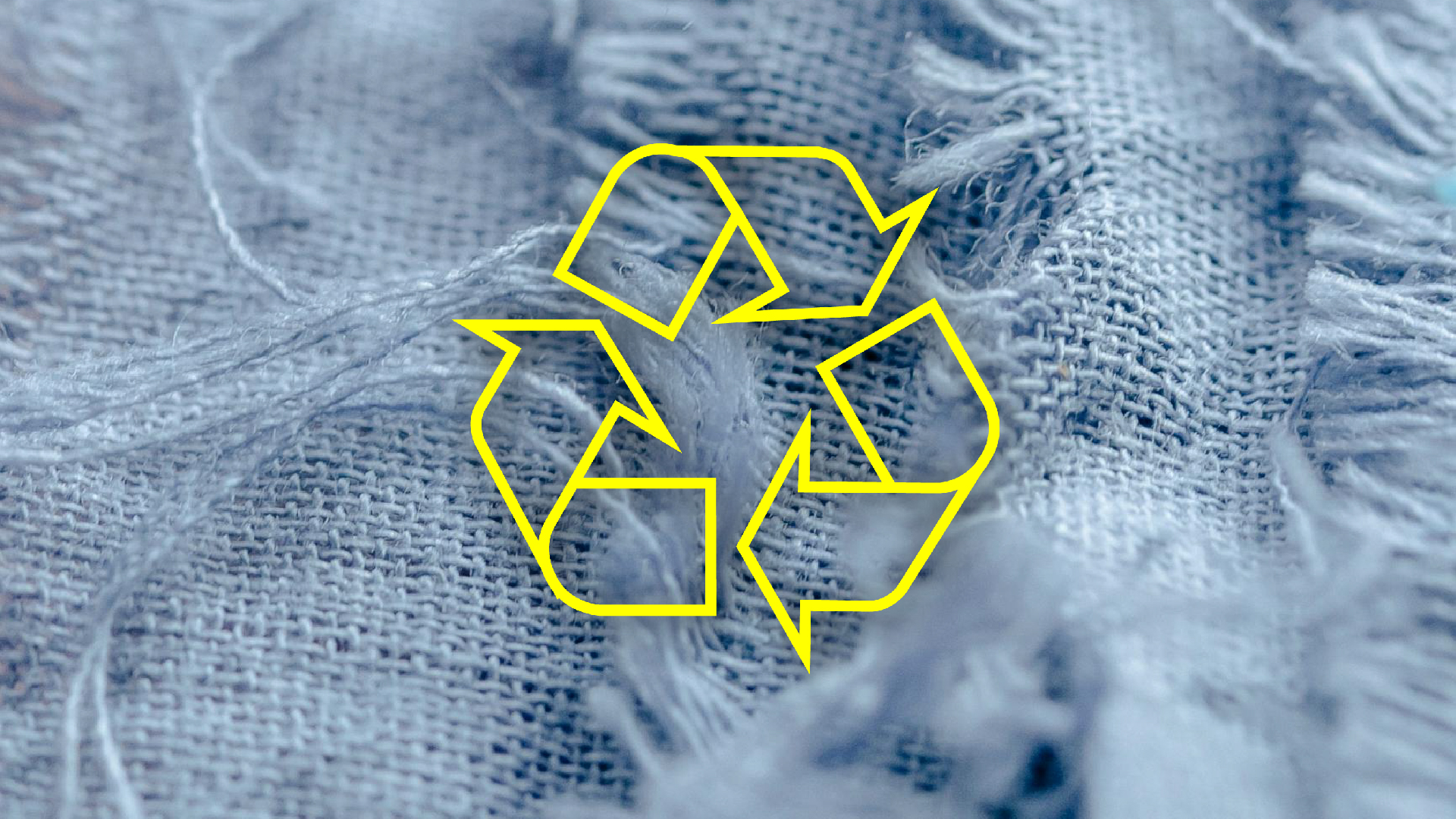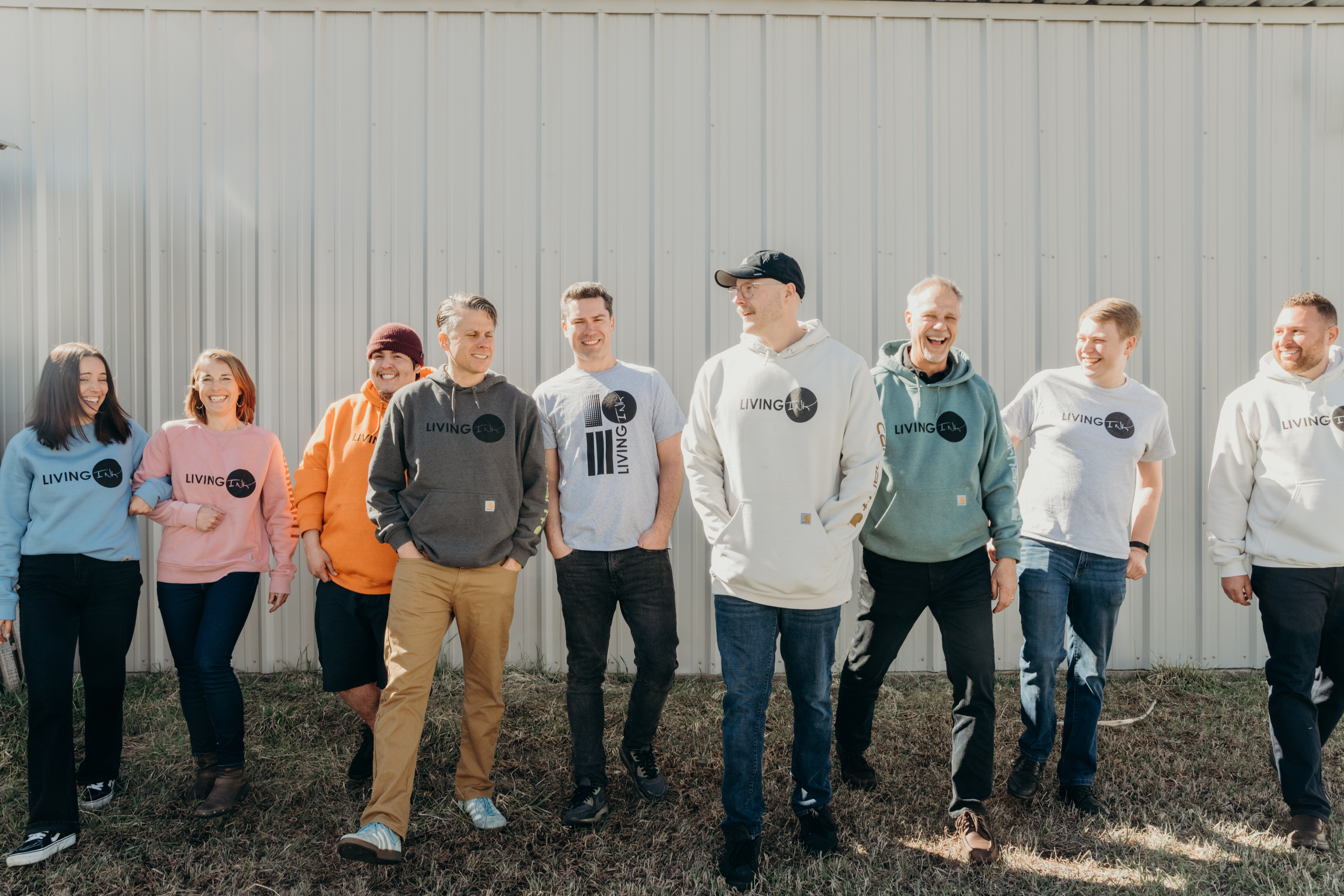Fashion for Good Presents Findings of Survey Assessing the Impact of Covid-19 on Fashion Startups
Credit: Alina Krasieva Photography
19 May 2020
AMSTERDAM- In light of recent events, Fashion for Good has investigated the impact on the fashion industry and potential solutions that can address the issues that have arisen as a result. In the coming weeks, we will be publishing a series of pieces on Fashion for Good’s medium channel that focus on key areas; stock management, supply chain transformation and digital acceleration, that require attention and the innovations that can provide solutions during the crisis.
To understand the repercussions of the COVID-19 crisis on sustainable fashion start-ups, we a created and shared a survey with the 105 innovators in our Programmes to gauge the impact on their businesses and what support they need moving forward. Below are a few key take aways.
Key conclusions from the survey:
- In general, innovators are significantly affected by COVID, primarily in business development (pilot projects with industry players) and financing
- Although a few innovators see very little impact, mid-stage and late-stage companies generally experience negative impact as a result of difficult access to their clients (brands and manufacturers)
- Some responses have indicated positive impact in the long term, particularly in Circular Business Models
- Innovator actions undertaken in response to the crisis show flexibility in strategy or operating expenditure
- Most innovators are optimistic things will improve in 12 months
- Innovators need most support in the areas of business development and fundraising
- Innovators see this crisis as a potential trigger to completely transform the industry.
In addition, several innovators are pivoting their business models to address some of the immediate issues brought about by the current situation, using their innovations to support solutions in manufacturing goods and materials.
Some examples include;
Dropel – Dropel produces high performance, natural materials that are water repellant. They are producing woven and non-woven, water-proof and anti-microbial medical gown fabrics that are made for disposal.
&wider – offers simple and cost-effective tools to gather insights, tracking and encourage improvement. Auditing companies are now offering &wider as a remote monitoring tool to conduct audits as auditors cannot visit factories due to stay-in-place restrictions. They now offer services to sectors where workers are the most deeply affected.
Nordshield - NordShield technology is a revolutionary, high-performing and non-toxic alternative antimicrobial technology. They are producing a novel non-toxic product that protects against viruses, bacteria and mould. Their product is easily shipped in concentrate form and can be applied to fabrics and face masks.
Pure Waste Textiles – are producing fabric masks and bandanas that are washable and manufactured from 100% recycled cotton-polyester blend. 15% of sales will be donated to the research of infectious diseases to Biodecum Helsinki.
NTX Cooltrans – In response to COVID-19, NTX accelerated its innovation pipeline to produce electro spun nano fibers (NTX e-Nanofiber). The technology can be used for liquid/gas filtration, battery technology, pharmaceuticals, faux leather, waterproof breathable and of course personal protection equipment in surgical, N95 grade face masks or full body outfits.
The Renewal Workshop - There is a critically severe shortage of Personal Protective Equipment (PPE). The Renewal Workshop is working with our local community to manufacture single use isolation gowns for Healthcare providers in Oregon to be used as one important part of their PPE, converting roughly a third of their physical plant and half their production capacity from renewing products to producing isolation gowns and masks in partnership with the non-profit HMB50.org.
Sonovia – Sonovia has developed the most durable, versatile, safe and effective Anti-Bacterial coating technology for Textiles, and the only technology to be able to positively address the very strict demands by the Hospital sector. Academic evidence suggests that the metallic nanoparticles at the core of Sonovia’s technology could be an effective shield against the growing epidemic COVID-19. Currently, we are working towards creating protective equipment by partnering with manufacturers across the globe, in hopes that we will be able to design effective, reusable, anti-viral utilities such as facemasks and hazard suits.
Other Articles

In conversation with Smartex: Explore Smartex’s AI-driven solutions transforming quality control and reducing waste

Fashion for Good and Textile Exchange Team Up to Trace Textile Waste

